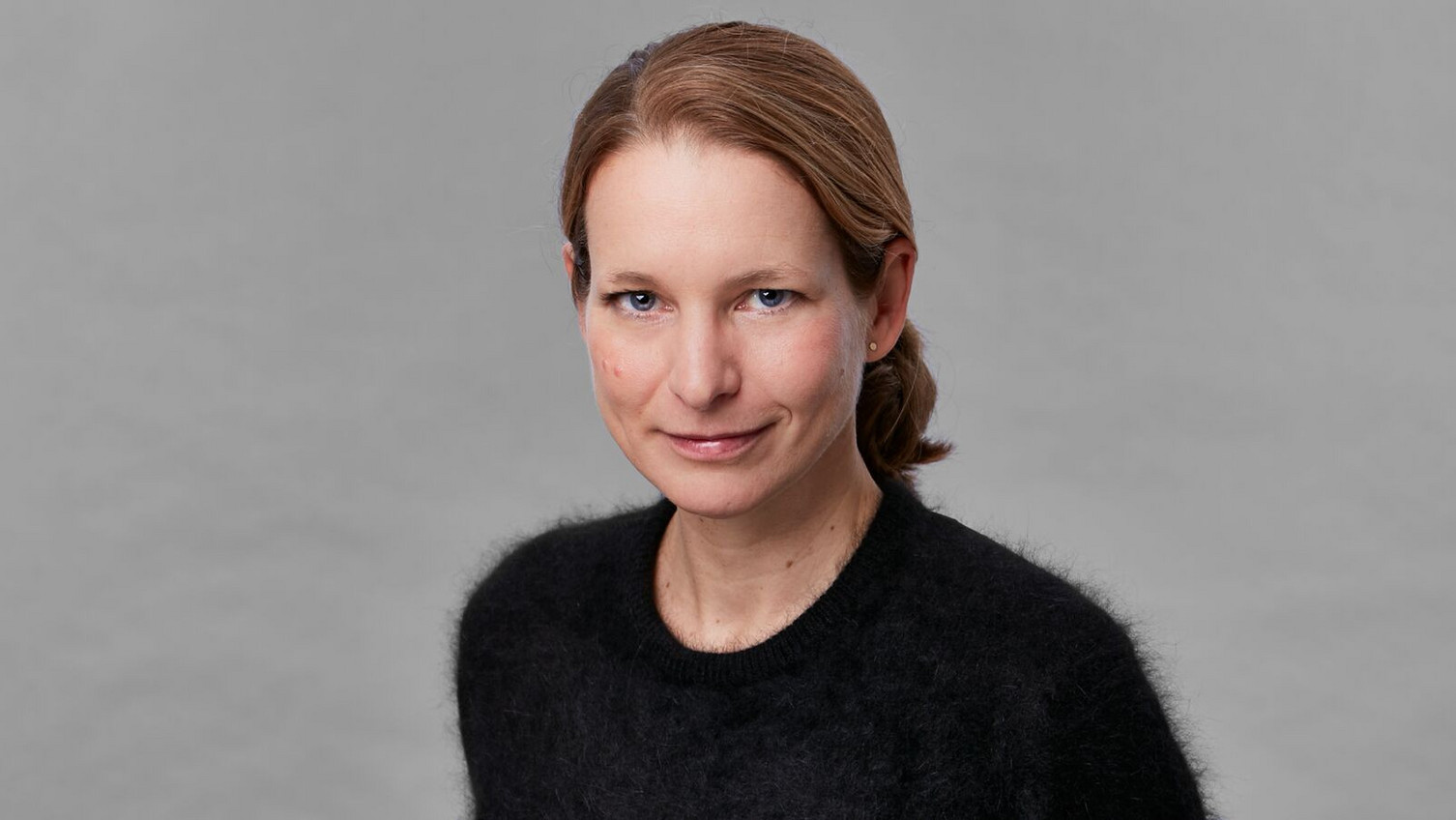Prof. Dr. Christina Wessely elected to scientific advisory board of the Leopoldina
2021-05-10 The historian of science supports the academy project "Briefedition (Edition of letters) Ernst Haeckel (1834 - 1919)". The National Academy of Sciences is planning an online edition as well as an edition of 25 volumes. The aim is to make important sources on the history of the life sciences accessible.
Ernst Haeckel is one of the most important, but also most controversial figures in the history of German science. Hardly anyone else in the 19th century spread Darwin's theory of evolution outside Great Britain as enthusiastically as he did. He used novel formats to communicate his findings and developed the idea of natural science as a world view in a large number of lectures and popular writings, which made him one of the founders of the popularisation of science. At the same time, Haeckel's theory of nature always had a political dimension. He demanded that Darwin's findings be included in school curricula, but he also propagated eugenics and social Darwinism. With the edition of his letters, the Leopoldina wants to explore the complex work of the zoologist in depth. The project began in 2013 and is scheduled for completion in 2037.
Dr Christina Wessely, Professor of the Cultural History of Knowledge, has been appointed to the scientific advisory board for an initial period of five years, which includes other renowned experts in the history of the life sciences. The advisory board supports project leader Dr Thomas Bach, University of Jena, and his project staff. It promotes the further development of the project and prepares evaluations. Due to the 25-year project duration, the research direction is regularly readjusted. Christina Wessely would especially like to reflect on the political implications of Haeckel's insights and his role as a mediator between science and the public.
The historian has been dealing with the history of the life sciences since her doctorate. She wrote her doctoral thesis on the cultural history of zoological gardens and is currently researching the history of ecology. Most recently, she published an anthology on the history and theory of the concept of milieu together with her collaborator Florian Huber. She sees Haeckel's significance on several levels, and is particularly interested in the (proto)ecological dimensions of his findings. In 1866, the natural scientist introduced the term to the German-language life sciences: he understood ecology as the "economy of nature". "Haeckel was an important protagonist in the development of modern ecological forms of knowledge. Today, in the face of climate change, biodiversity loss and environmental pollution, ecology is one of the most important fields of research of our time, which not coincidentally has been given the epochal designation of the Anthropocene," explains Christina Wessely. "In this context, terms such as environment, ecosystem or habitat are often used largely without reflection - a critical analysis of their historical development and their political as well as social implications seems urgently needed."
Haeckel's extensive and thematically extremely diverse work can be easily accessed via the thousands of letters. "He was both a passionate and strategic networker. His correspondences thus point beyond Haeckel's own work. They give an impression of the most important discussions in the life sciences in the late 19th and early 20th centuries, of their protagonists, topics, research questions and conflicting paradigms," explains the historian.
Christina Wessely is currently planning a major DFG project on the history of ecology: "The work for the Leopoldina is thematically closely related to my current research project. I am looking forward to the enriching task."

